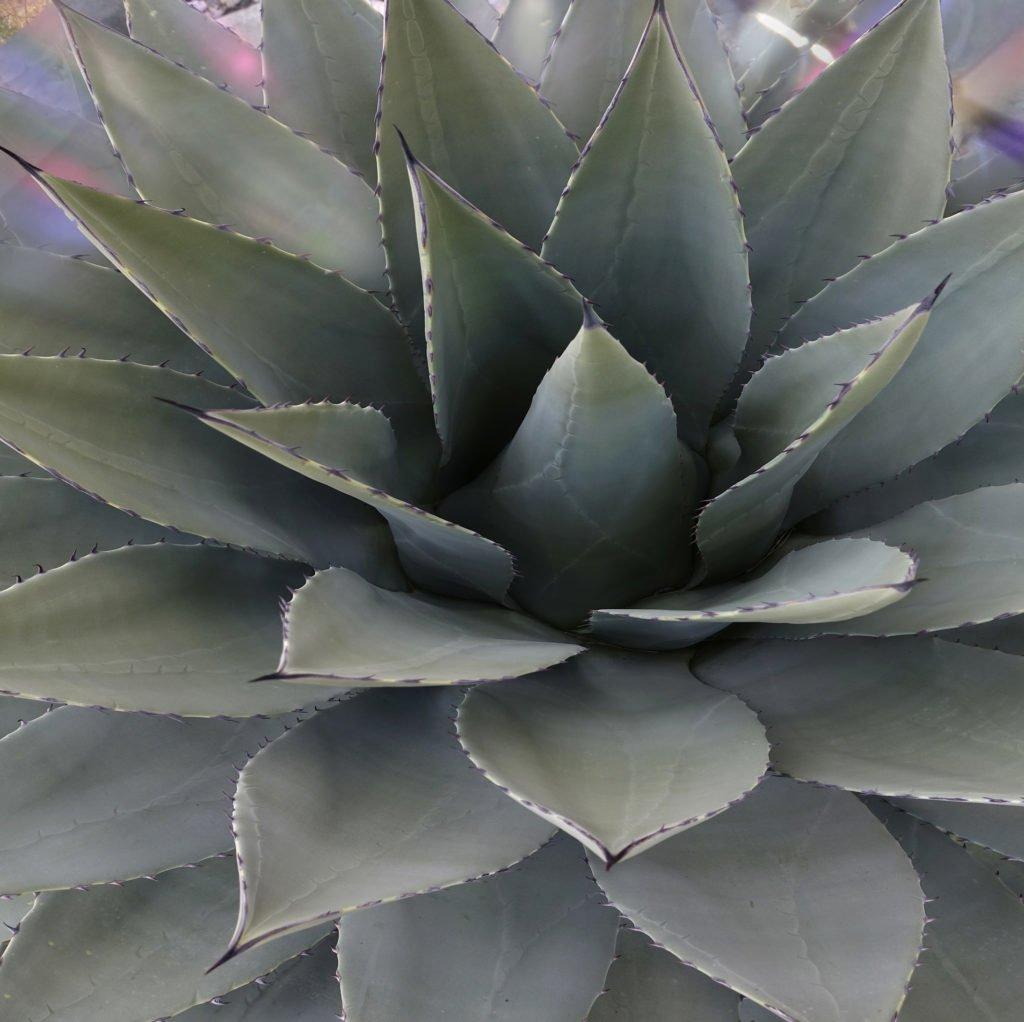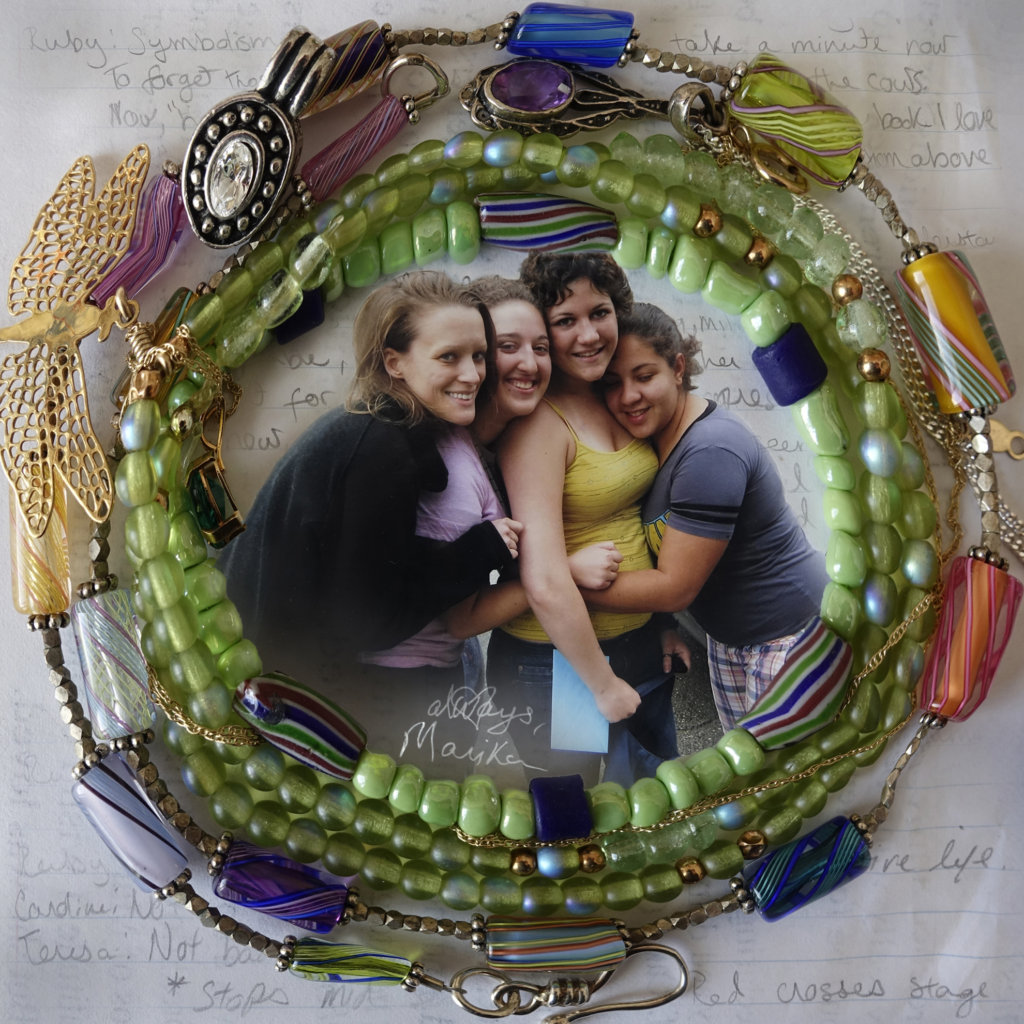 Saturday was my daughter’s sixth angelversary. Angelversary is the name bereaved parents often use to gently refer to the date of a child’s death. It marks the day a son or daughter became an angel. Or the day they took up a heavenly abode. I’m still on the fence about heaven and where one ends up after life. And Marika was no angel. But these wretched anniversaries wreak a range of emotions. What bereaved mothers and fathers really want, besides having their children back, is to know their child is loved and won’t be forgotten.
Saturday was my daughter’s sixth angelversary. Angelversary is the name bereaved parents often use to gently refer to the date of a child’s death. It marks the day a son or daughter became an angel. Or the day they took up a heavenly abode. I’m still on the fence about heaven and where one ends up after life. And Marika was no angel. But these wretched anniversaries wreak a range of emotions. What bereaved mothers and fathers really want, besides having their children back, is to know their child is loved and won’t be forgotten.
The first few angelversaries I was immobilized with fear and dread, wondering how I could survive the day. Then there were years when I obsessed about exactly how to commemorate such a time: to turn off the phone and stay in bed, or line up back-to-back meet-ups with friends? To curl up and cry? Or celebrate Marika’s life with balloons and butterflies?
“I’m declaring a personal holiday,” I told a bunch of other bereaved parents last week. “I’m going to party and drink and do all the things she liked to do. I’m gonna be really good to myself. Cake. Chocolate. Hiking with my daughter’s dog. I’m going shopping.”
I was going to write about all those things. I was looking forward to barging into the day full force, like my daughter would, feasting on the beautiful free time to do anything I wanted. And then, first thing on the day of Marika’s sixth angelversary, I felt a desperate urge to grab onto my grief again. I needed to drown in sorrow. Feel pain. Cry. Maybe so I could remember how much I loved, and how much that love costs me still.
There was a box of Marika’s photos. The ones from her last years. I knew they would fuel a major breakdown. What I didn’t know was, after the deluge of tears from seeing dozens of photos of Marika being held and hugged in the middle of friends, how grief could melt into gratitude. It warmed me as much as the cocoa, the chili, and the good cheer I found the rest of that day among my own friends.
All the beautiful, wonderful friends. Hugs to those who keep me going. And brimful thanks to everyone who filled Marika’s life with love. She was no angel. But she was loved.
How do friends keep you going? How do friends keep you grateful?
Please Share on your Social Media
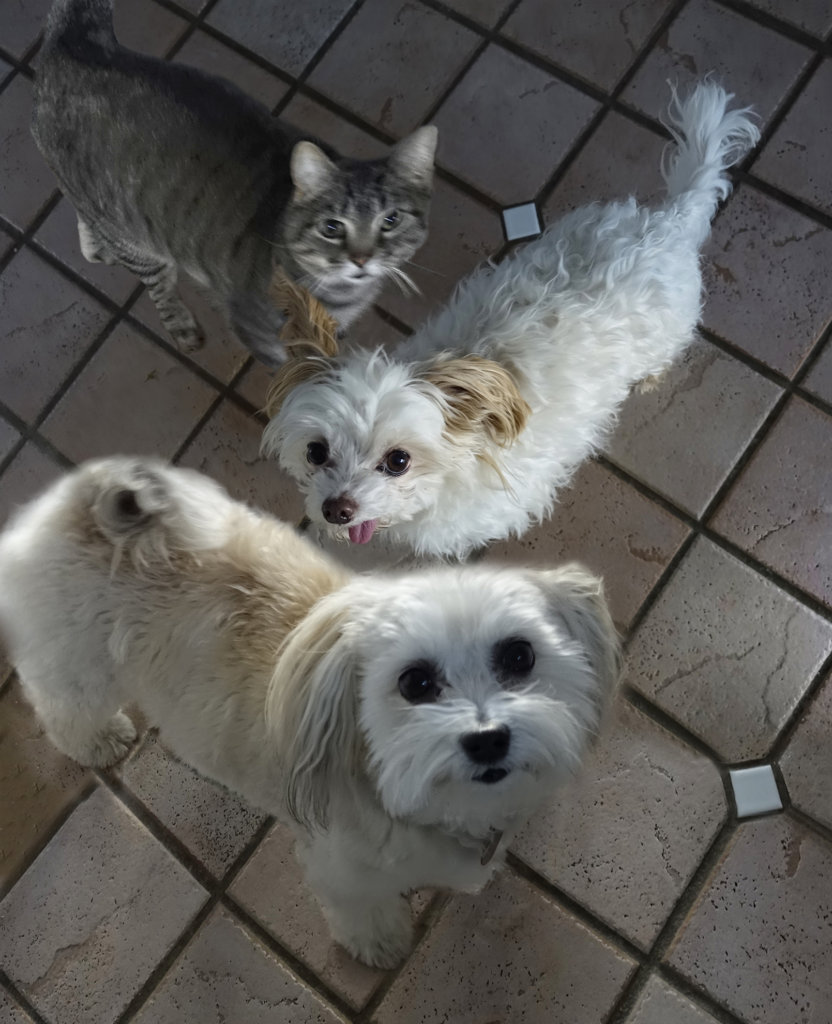 Oh, you poor-sweet-babies missing your mamas, I croon to the extra sets of eyes that keep constant watch over me. One friend’s dog and another friend’s cat are houseguests for a good part of February. It’s like having a houseful of kids again, I tell myself. I fill the fridge and hunker down for Pet Camp.
Oh, you poor-sweet-babies missing your mamas, I croon to the extra sets of eyes that keep constant watch over me. One friend’s dog and another friend’s cat are houseguests for a good part of February. It’s like having a houseful of kids again, I tell myself. I fill the fridge and hunker down for Pet Camp.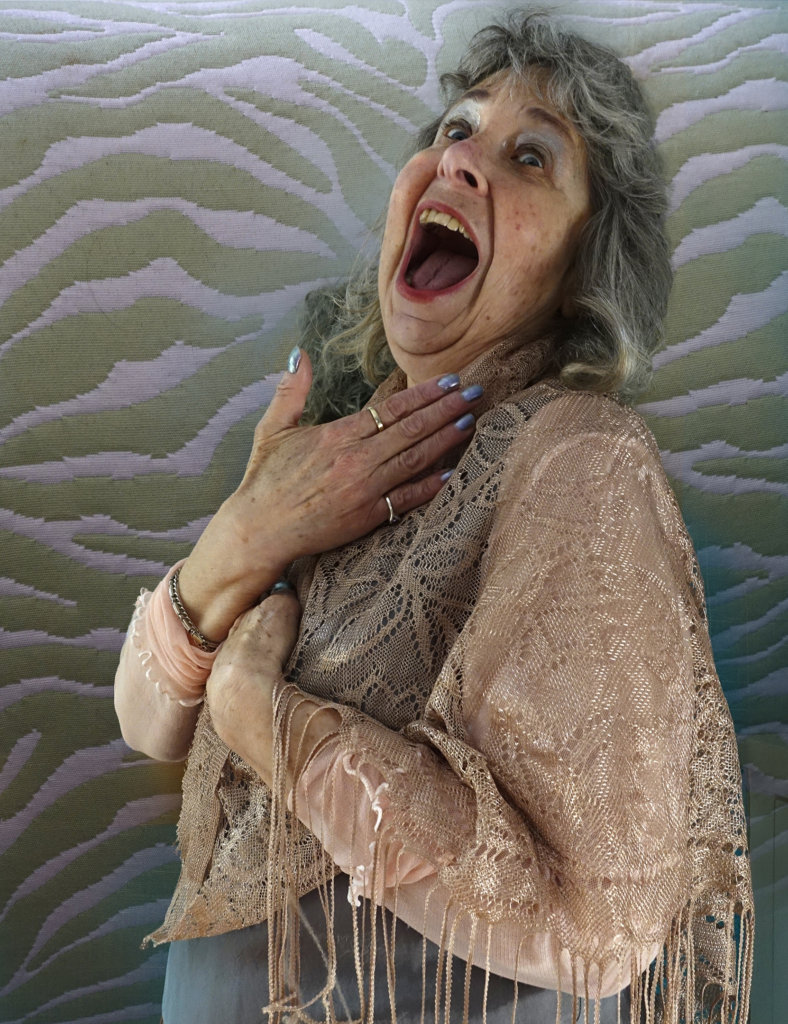 Late, past my bedtime, I am dancing with the dog in the driveway. With arms stretched out to hug the universe, I sing to reach the stars. My head is filled with a melody that clings, wrapping itself around every thought. And my heart bursts with love. For everyone and everything in the world. It’s growing greater than my little frame can contain. All this emotion and energy ricochets too wildly back and forth off the walls in my house, so I take myself outside where I can twirl it off into the still night air. This is what it looks like when I come home on Opera Night.
Late, past my bedtime, I am dancing with the dog in the driveway. With arms stretched out to hug the universe, I sing to reach the stars. My head is filled with a melody that clings, wrapping itself around every thought. And my heart bursts with love. For everyone and everything in the world. It’s growing greater than my little frame can contain. All this emotion and energy ricochets too wildly back and forth off the walls in my house, so I take myself outside where I can twirl it off into the still night air. This is what it looks like when I come home on Opera Night.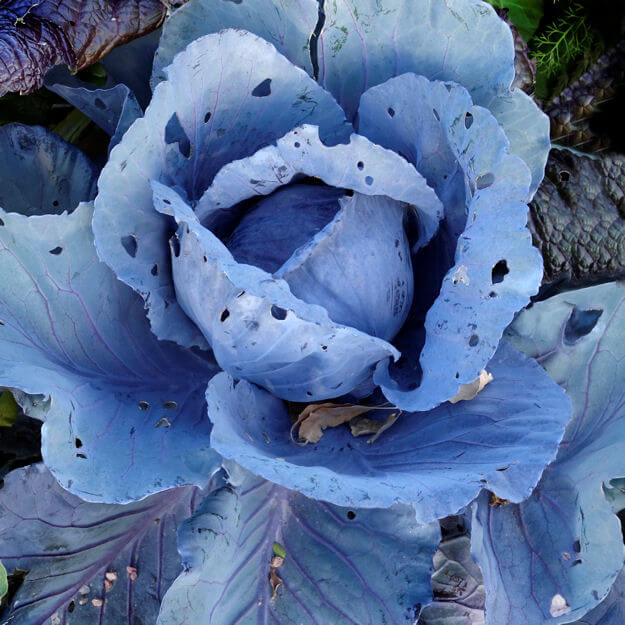 The sign on the gate said Chef’s Garden. The place looked abandoned. No one was looking so she entered, and right away was drawn to a patch of blue. Fresh, frosty, mentholated blue.
The sign on the gate said Chef’s Garden. The place looked abandoned. No one was looking so she entered, and right away was drawn to a patch of blue. Fresh, frosty, mentholated blue.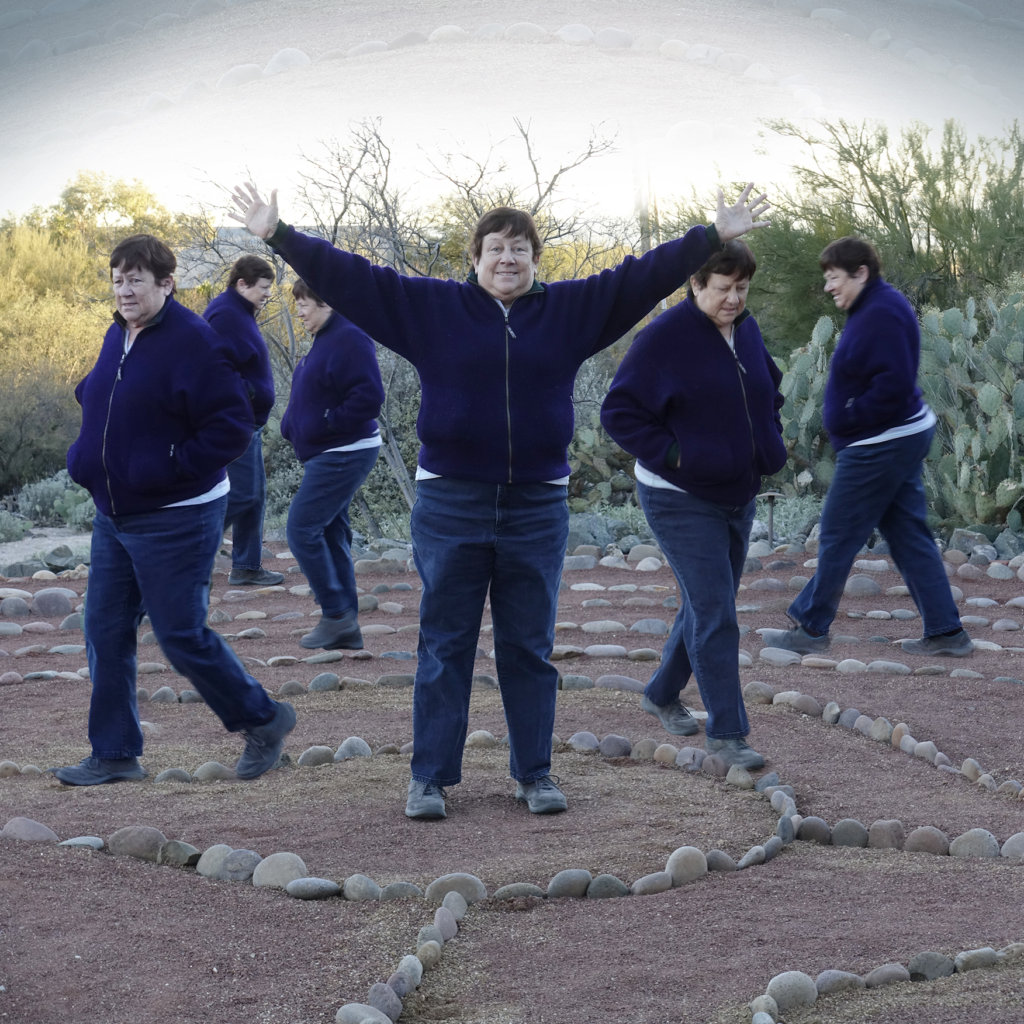 You put one foot in front of the other. And you keep going. That’s how you Walk a
You put one foot in front of the other. And you keep going. That’s how you Walk a 